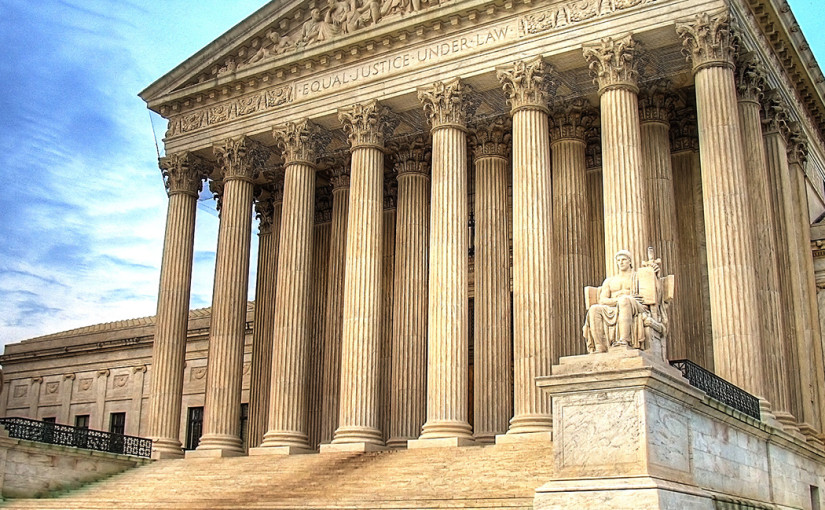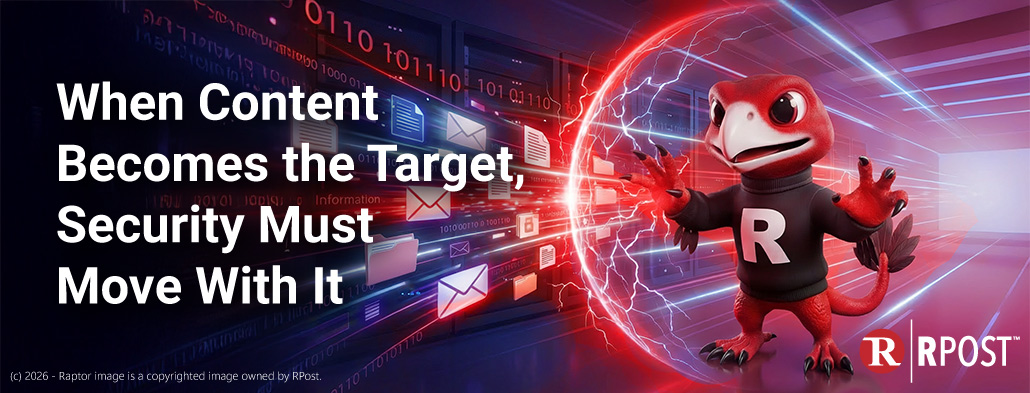
Most technology (software and biotech) entrepreneurs and R&D engineers that toil over pioneering true innovation have come to know Alice. Alice is quite moody, and those that have invested buckets of sweat and their cash savings into creating new innovation in America now pray that Alice’s moodiness does not someday cause all of their hard work to become public domain (free) technology; eliminating any hope for the innovator to recover their R&D investments.
Thousands of tech pioneers have grown to fear Alice’s wrath and moodiness, as Alice has caused the record of hundreds of their innovations to be wiped clean; rendering their inventions public domain.
So, who is Alice?
Alice is the name of a famous Supreme Court case that has thrown the American patent system into chaos over the last few years. Once the beacon of inspiration for inventors worldwide as a way to memorialize and protect their inventions, the US patent system has become so muddied by this case law that the issues have come to a boiling point. Alice has created an environment where some courts feel they must decide what an “abstract” thought is. What are the boundaries of what is “abstract” anyway? This is why Congress left it up to expert engineers and examiners at the patent office to decide what is eligible for patenting; not the courts. But the courts believe it is in their domain to decide what is abstract technology. Chaos!
For example, the automobile intermittent windshield wiper is a classic patented invention. Would Alice consider this an abstract invention today? After all, rain falling is a natural phenomenon and people have been wiping water off of glass since glass was invented. Is automating the wiping of water off glass at timed intervals an abstract concept? Is it patent eligible matter?
Closer to home for Tech Essentials and for those that use electronic messaging, is a strange view of what is “abstract” technology recently decided in an Arizona court. The argument was presented that people have been delivering messages by camel back since the Egyptian times, and therefore any technology related to delivering messages or collecting information on delivery of messages is abstract, like a natural phenomenon, and technology related to it should not be patentable. Never mind that it took nearly 2000 years AC for the first electronic messaging systems to be invented, and the first patents to be filed that taught how to track and prove delivery of electronic messages in situations where the recipient would not reply to confirm receipt (US Patent 7,966,372).
Within the next month or so, the US Supreme Court will decide whether to hear cases that could bring back normalcy to the US patent system, and thereby protect innovation in America.
If they choose NOT to hear these cases, inventor groups and law organizations nationwide fear it will no longer be commercially viable to pioneer new technology as an entrepreneur. Additionally, many innovative companies may not be able to recoup their R&D investments while they watch their validly issued patents, granted by the U.S. Patent Office, become free public domain. This no doubt would lessen incentive to create new medical innovation and new tech wizardry.
If you are interested in reviewing RPost’s and other innovative technology companies’ positions, in their appeal to the US Supreme Court to fix the damage that Alice is causing for the future of entrepreneurial innovation in America, or are interested in weighing in to support these positions with your own amicus brief, or as part of an existing brief, CLICK HERE. We will know in the coming months if the public’s support for these appeals will be loud enough to have the US Supreme Court take up these cases to clarify Congress’ intent in defining patent law, ensuring Alice cannot be interpreted so whimsically based on who is reading into what is an abstract technology.
.jpg)
February 13, 2026

February 06, 2026

January 30, 2026

January 23, 2026

January 16, 2026